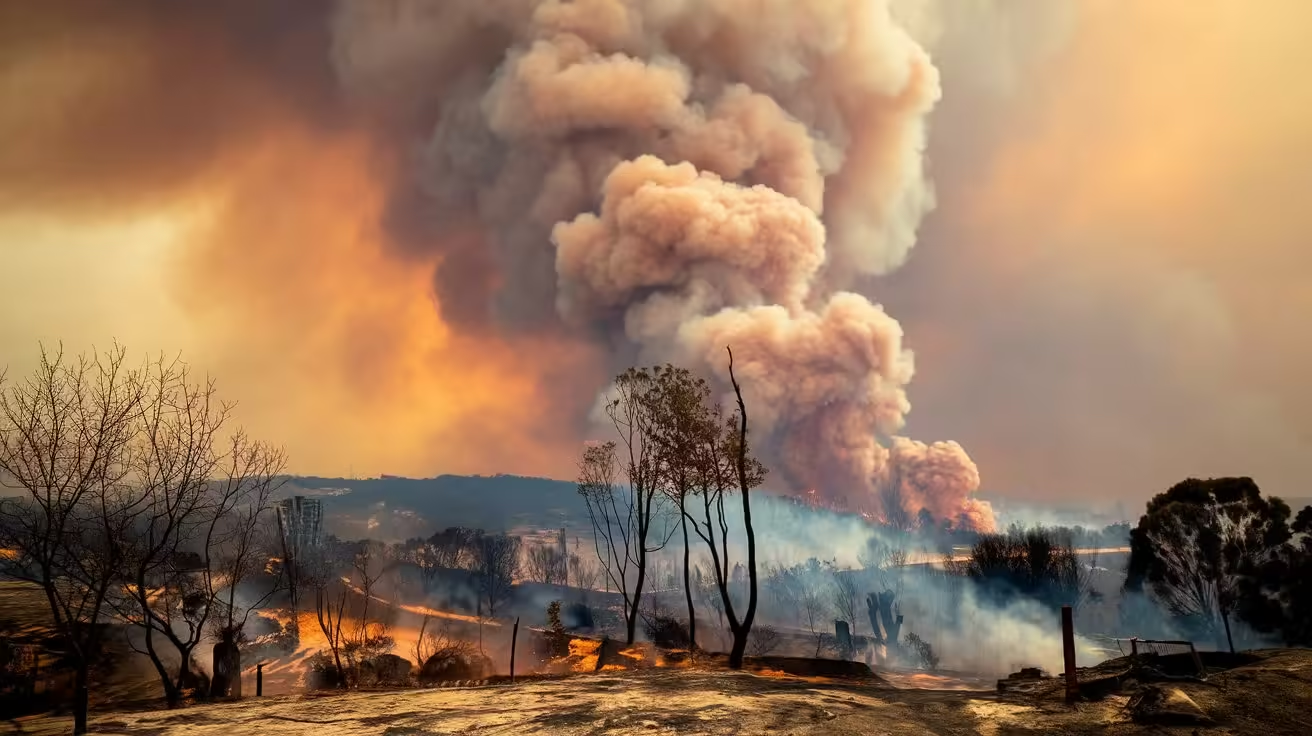The Malibu Fires: Understanding Their Impact on Financial Protection and Personal Security

Introduction
The Malibu fires serve as a chilling reminder of the growing risks communities face from natural disasters. These events not only disrupt lives but also highlight the urgent need for financial preparedness and robust personal security. Understanding the impact of such catastrophes is the first step toward building resilience. This article delves into the aftermath of the Malibu fires and explores how insurance and proactive planning can shield families from financial and emotional turmoil.
The Impact of the Malibu Fires on People’s Lives
The devastation caused by the Malibu fires is both visible and intangible. Thousands of homes were consumed, leaving families with nothing but ashes of their lives and dreams. Beyond the loss of property, many faced heartbreaking losses of loved ones and an inability to generate income. Displaced workers, destroyed businesses, and skyrocketing healthcare costs compound the misery for those affected.
Respiratory illnesses from smoke inhalation and mental health challenges, such as anxiety and post-traumatic stress disorder (PTSD), are common in the wake of such disasters. Without sufficient financial protection, these challenges often spiral into long-term economic insecurity.
Emotional and Psychological Toll
Displacement from one’s home and the uncertainty of rebuilding take a severe toll on mental health. Families struggle with the trauma of loss while grappling with the daunting task of rebuilding their lives. Psychological support and community solidarity are essential during such times. Counseling services, often covered by health insurance, play a critical role in helping individuals regain their footing.
Economic Impacts of Wildfires
Wildfires like those in Malibu significantly affect local economies. Small businesses in affected regions suffer from interrupted operations, while homeowners grapple with repairing or rebuilding properties. Additionally, uninsured losses leave many families in financial ruin. The broader community faces challenges in attracting investments and rebuilding infrastructure.

Role of Insurance During Disasters
Insurance serves as a critical safety net during crises. Whether it’s homeowners insurance, health insurance, or life insurance, these policies provide the financial support needed to navigate disaster recovery. However, ensuring that policies are up to date and adequately cover wildfire-related damages is crucial.
Life Insurance: A Safety Net During Crisis
In the face of tragedy, life insurance offers families a lifeline by covering debts, funeral expenses, and everyday costs. Families with comprehensive life insurance policies often find the recovery process less overwhelming, as financial burdens are mitigated.
Disability Insurance and Recovery
Injuries sustained during wildfires can be life-altering. Disability insurance ensures a steady income stream for individuals unable to return to work due to physical limitations. This support is invaluable for maintaining family stability during long recovery periods.
Medical Coverage in Fire-Related Disasters
Comprehensive health insurance is critical for addressing the medical fallout from wildfires. Treatment for burns, respiratory conditions, and psychological trauma often incurs significant costs. Ensuring that insurance policies cover these aspects can prevent financial strain.

Success Stories: Malibu Fire Survivors
The 2018 Malibu fires underscored the importance of financial preparedness. Many families who had invested in life and disability insurance successfully navigated the challenges of recovery. These policies provided financial resources for medical treatments, rebuilding homes, and supporting everyday expenses, illustrating the value of proactive planning.
Preparing for Future Disasters
The increasing frequency of wildfires calls for heightened preparedness. Building an emergency fund, maintaining updated insurance policies, and investing in wildfire prevention measures are essential. Regularly reviewing coverage ensures that families remain protected as risks evolve.
Conclusion
The Malibu fires emphasize the critical need for financial and physical preparedness in the face of natural disasters. By investing in life, disability, and health insurance, families can safeguard their future against the unexpected. Combined with community efforts and proactive measures, these tools provide a solid foundation for resilience and recovery.
